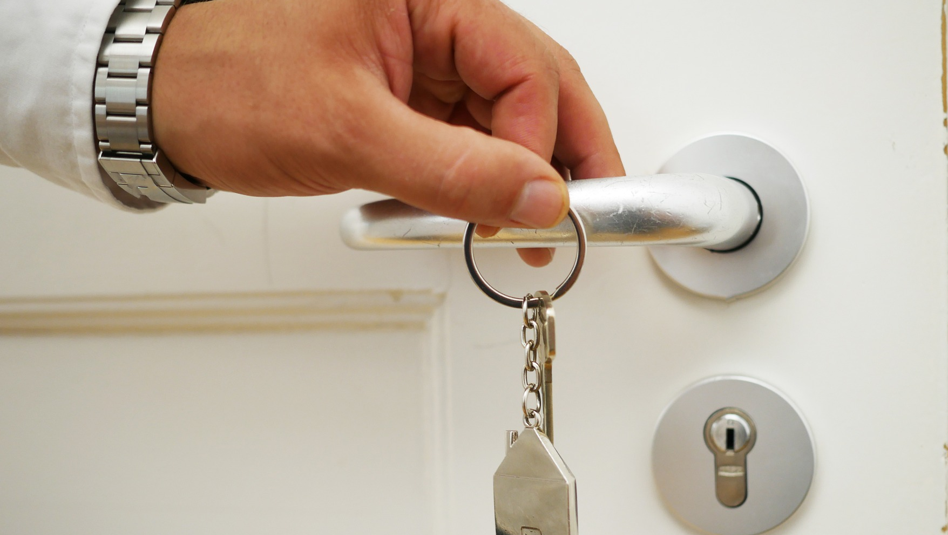Rules when leasing out your luxury home
Luxury is the value that you put on an item, particularly in the real estate space. But for investors, luxury properties can be a source of income, too.

Investing in real estate has been seen as a worthy one to take. Most especially if the locality, design, and amenities offer one-of-a-kind and exceptional experiences. Luxury real estate properties tend to hold their value well for very long and are sought-after by high-net-worth individuals looking for a place closer to their work or business and that also mirrors the quality of life they want.
As you let others find a luxurious home or sojourn in your property, make certain that you could get the best out of these real estate investments. Here are a few things you need to know when planning to rent out your home.
What is your price
Know the market price of other homes and know if you can charge a specific price per day or per month. You can ask neighbors who also rent out their homes how much they charge. You can even ask a property manager to help you determine the lease price of your home relative to its market value.
Add the cost of maintenance to your monthly lease as you might need professional services if you or the tenant find any problems with the home. You must keep the home tip-top if you want to attract premium tenants.
Know your tenants
Opening the doors of the luxury properties you invested in, of course, you should look forward to the returns. And among the means to ensure that you can gain (and not too much cost you) from the property is knowing who you will let inside in the first place.
Having a reasonable and exhaustive knowledge about your prospective tenants through screening can be imperative before letting them sign the contract. Apart from being able to assure yourself that they can pay the rent and utilities when needed, know also if they can take care of your property. Considerable damage could cost you, which could then interrupt the cash flow from your investment.
Establish a legally binding agreement
As you get to know your tenants, let them know also about the rights, responsibilities, and rules. Establishing a rental agreement may state who would cover the costs of utilities; the term of the tenancy; grounds for eviction; the landlord’s access to the property; and policies concerning pets, among others.
With a clear rental agreement between you and the tenants, you can reduce spending on your property by avoiding legal disputes, which can also be expensive to settle.
Know the laws and the taxes
It’s also worth mentioning that you have to know the pertinent laws related to leasing. There is the Rent Control Law, which establishes the regulation of rent, specifically for low-income dwellers, though certain provisions also cover all types of rentals.
Its extension, the Housing and Urban Development Coordinating Council (HUDCC) Resolution No. 1, covered leasing for all types of homes, including luxury dwellings. Your lease agreement must include the necessary coverage for your home and highlight your tenant’s rights.
And because rentals are considered businesses in the Philippines, they are also subject to taxes. Therefore, you must file tax returns specific to your rental, and must issue a receipt to your tenant.
Considering short- and long-term rentals
The income from your luxury properties would hinge on the length of rentals. But which is more profitable, short-term, or long-term rentals? Both have their own advantages and downsides when it comes to income and expenses.
If your property serves as a luxury vacation home available for short-term lease, the money coming in can be potentially higher, such as during peak season when people are longing for a getaway and are glad to pay more for the extravagant setting and conveniences presented by your property.
The downside of short-term rentals is the higher spending needed to manage the property in between rentals, as well as the lower income when demand lessens during the off-season. Whereas, if your luxury condominium unit or house is good for home-seekers looking for a place to live, then you can anticipate stable rental income from your property.
So, whether you should rent out for the short or long term, that would depend on what is best for a particular type of property as well as your financial objectives and capacities to manage them.
Invest in features and upgrades
As you put out your luxury property for lease, you should make the rent worth it for tenants.
What makes a real estate luxury, as mentioned, does not only revolve around the price. You should also invest in making the space made up of special and premier comforts in which one could indulge. In addition, make sure these features are what tenants look for and then highlight these, along with the distinctiveness of your luxury properties, to make them attractive and more valuable.
And from time to time, you might have to make necessary upgrades to not compromise the value of the property. When needed, you should invest in improving the design, decor, or appliances to address maintenance issues, stay up-to-date, and present the place as fresh and, of course, luxurious for new tenants.
Technologies for management
If you have been investing in luxury real estate for a long time, consider also if you need an upgrade in terms of handling the rental process and your properties.
Technologies can help you in looking for your luxury properties. Displaying your properties through various digital platforms as well as overseeing the earnings and expenditures from your rentals through an accounting software are among the ways to utilize technologies to better manage the process.
Aside from the rental process, you could also invest in smart home technologies such as automated air conditioning and water heating systems that activate before you get home, or remote alarm systems that sends alerts to your phone when there are security threats in your properties.
By streamlining the rental process and securing your properties through technology, you can focus more on improving your properties to add more to their value.
Insurance for investments
And to further secure your finances from risks, you should also insure your property investments. You already know that property damage can be expensive. Having the right insurance can help cover the costs and prevent affecting too much of the gains from your property investments.
Having a home is a worthwhile endeavor, both as a source of prestige and one that gives you additional income. The need now is for you to make sure that, while someone else is living in it, you get your money’s worth while keeping the property in pristine condition.







 DOWNLOAD
DOWNLOAD




 By Chelsey Keith P. Ignacio, BusinessWorld
By Chelsey Keith P. Ignacio, BusinessWorld